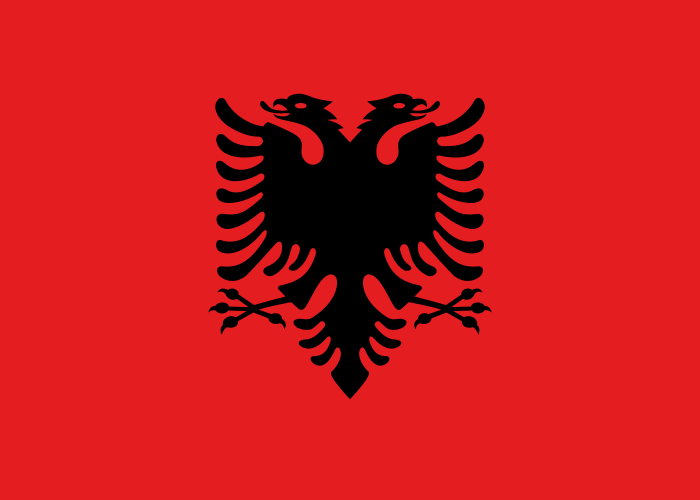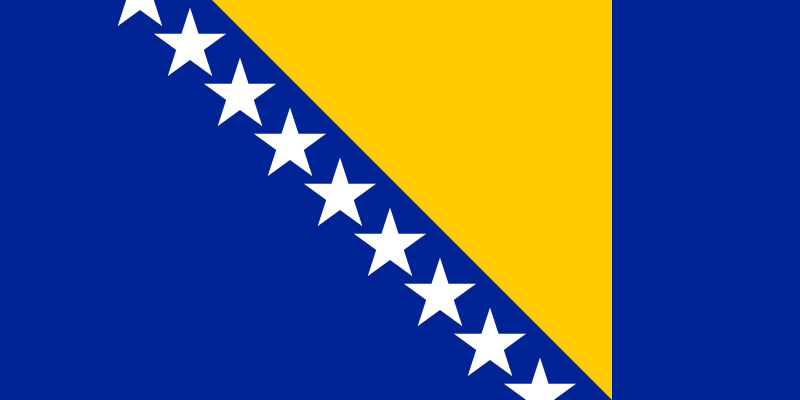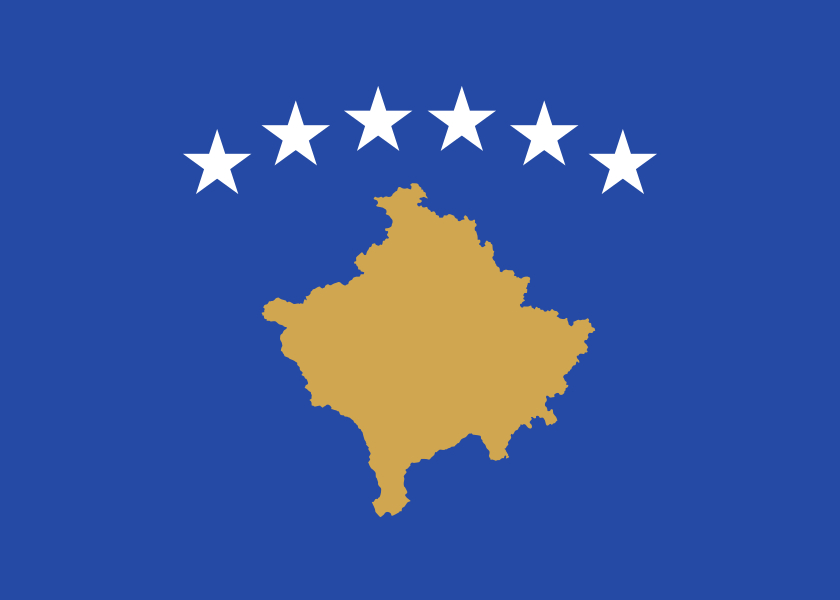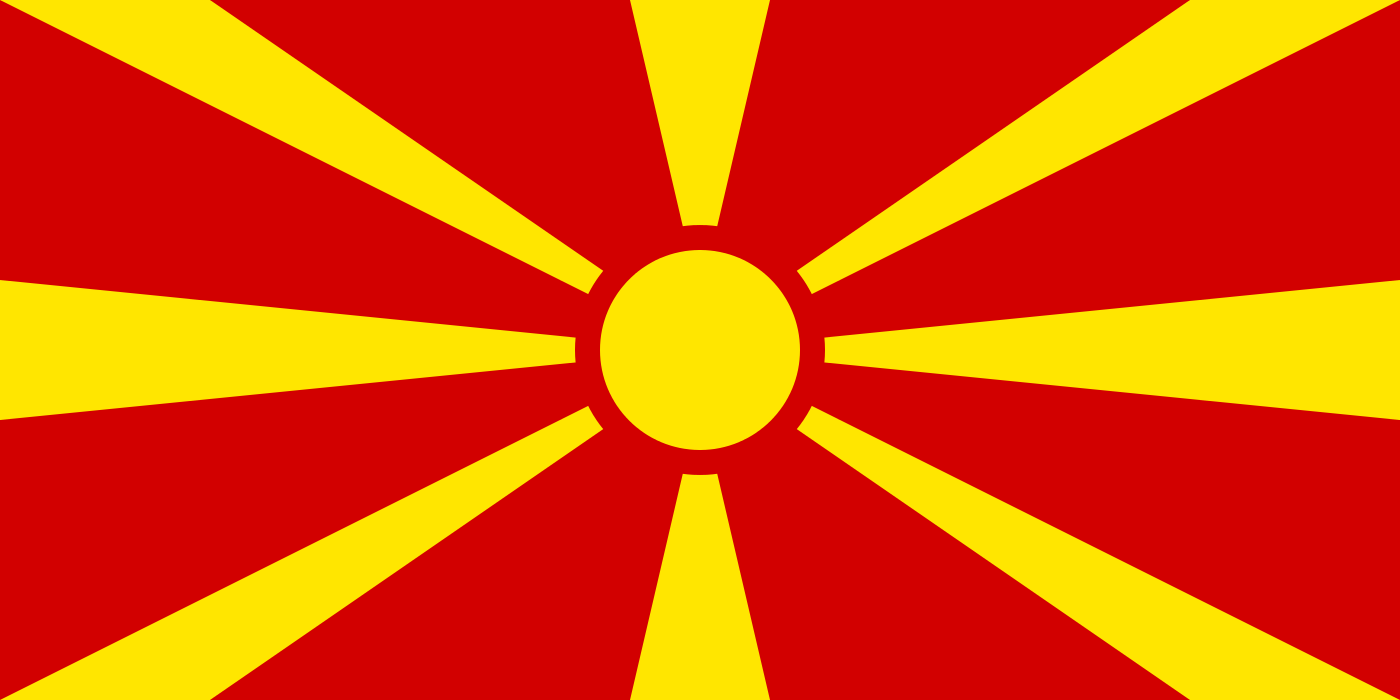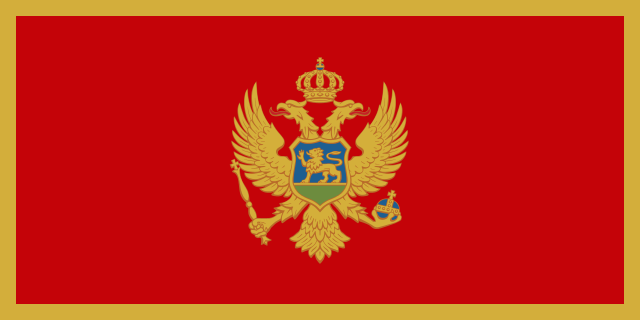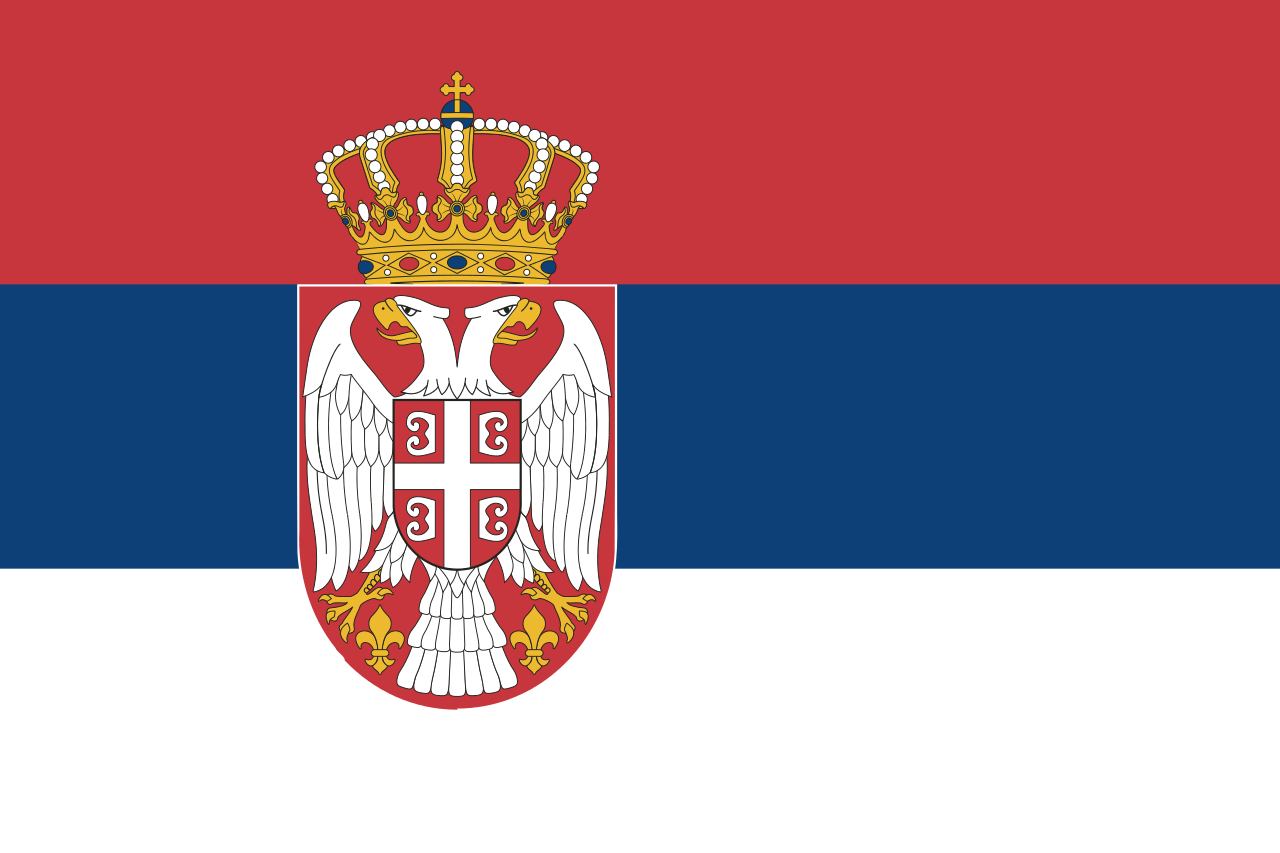Regional Energy Efficiency Programme for the Western Balkans, REEP (Phase I) and REEP Plus (Phase II)
Beneficiary Countries:
Short description of the overall project
The European Bank for Reconstruction and Development (EBRD) has been active in assisting to address barriers to energy efficiency in the Western Balkans since 2009. In 2012, with the support of the European Union (EU) and in partnership with the Energy Community Secretariat (ECS), EBRD established the Regional Energy Efficiency Programme (REEP) for the Western Balkans. This programme was designed in close cooperation with the Energy Community Contracting Parties (through the Energy Efficiency Coordination Group (EECG)) and with other international financial institutions (IFIs). Joined later by KfW, REEP stands for an comprehensive package of bank financing, EU incentives, other donor funds for technical assistance (TA) and policy dialogue.
The second phase REEP Plus continues to lay the foundations for, and support, energy efficiency investments in the Western Balkans – including EBRD’s financing through credit lines (WeBSEFF, WBGEFF) and direct lending (WeBSEDFF)) to SMEs, public entities and, since 2017, borrowers investing in buildings refurbishment in the residential sector.
This aim will be achieved through activities that support legislators and investors to eliminate market barriers to energy efficiency, and accelerate the take-up of energy services. The REEP is thus made out of three complementary „windows“.
Short description of activities financed by the donation
To date, the entire programme has mobilised 512 million EUR for project financing, 78.8 million EUR EU grants and 25.9 million EUR other donors’ grants. This programme is ongoing and financing is still available.
REEP is structured around several “windows” of activities:
1. Policy dialogue activities address country-specific barriers to energy efficiency investments and work across six themes:
- NEEAP support and implementation;
- Assistance with development of primary and secondary legislation governing energy efficiency;
- Policies to support investments in residential energy efficiency;
- Energy efficiency obligation schemes;
- Institutional capacity building; and
- Compliance and enforcement
2. Two EBRD credit lines complemented with technical assistance and investment incentives:
- Western Balkans Sustainable Energy Financing Facility (WebSEFF) with a total of 117 million EUR financing complemented with 14.5 million EUR grants for technical assistance and incentives by the EU and other donors. The facility targets SMEs and public sector investments for energy efficiency and small-scale renewable energy projects.
- Green Economy Financing Facility (GEFF)
3. Direct EBRD financing facility (WebSDEFF) of 80 million EUR targeting mid-size private sector sustainable energy projects, including renewable energy and Energy Service Companies (ESCOs).
4. KfW credit facility of 50 million EUR for SMEs and public sector on-lending introduced in 2018.
5. EBRD direct public sector finance of 20 million EUR of financing and 2 million EUR of investment grants targeting energy efficiency in public buildings. Beneficiaries include state, cities or municipal companies.


